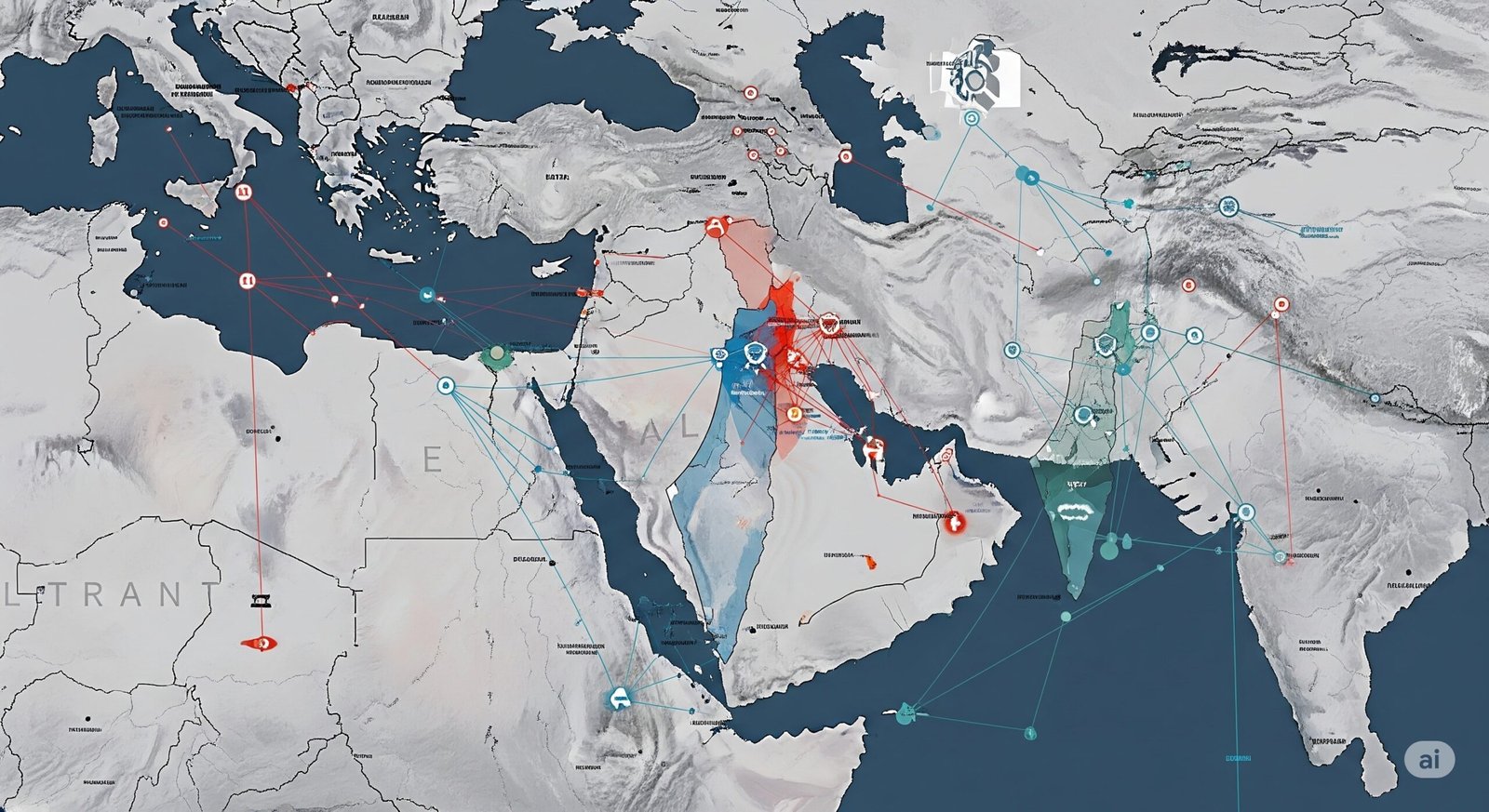Iran, Israel, and the Trump Factor


The ever-complex relationship between Iran and Israel remains a critical point of global concern, and the potential return of Donald Trump to the U.S. presidency adds another layer of uncertainty to this delicate dynamic. For Americans, understanding these nuances is crucial as they directly impact U.S. foreign policy and security interests in the Middle East.
A Relationship Under Strain
The long-standing animosity between Iran and Israel is deeply rooted in political, ideological, and security concerns. Iran’s nuclear program, its support for proxy groups in the region, and its rhetoric against Israel have consistently fueled tensions. Israel, in turn, views these actions as existential threats and has acted accordingly, often with the backing of the United States. This is a relationship defined by mutual suspicion and a history of covert and sometimes overt conflict.
Key factors contributing to this strained relationship include:
- Iran’s nuclear ambitions: The pursuit of nuclear capabilities by Iran is a major point of contention, with Israel fearing the development of nuclear weapons.
- Proxy conflicts: Both nations support different factions in regional conflicts, leading to proxy wars and increased instability.
- Ideological differences: Fundamental disagreements on regional order and political ideologies further exacerbate tensions.
The Trump Administration’s Approach
During his previous term, Donald Trump adopted a markedly different approach to the Iran-Israel dynamic compared to his predecessor. The withdrawal from the Joint Comprehensive Plan of Action (JCPOA), also known as the Iran nuclear deal, and the reimposition of stringent sanctions on Iran were key policy shifts. This “maximum pressure” campaign aimed to curb Iran’s nuclear program and its regional influence.
Trump’s policies were largely welcomed by Israel, which had long opposed the JCPOA. However, this approach also led to increased tensions in the region and did not ultimately prevent Iran from advancing its nuclear program.
The Potential Impact of a Second Trump Term
The prospect of another Trump presidency raises significant questions about the future of the Iran-Israel relationship and U.S. involvement in the region. While it’s impossible to predict the future with certainty, we can consider potential scenarios:
- Reinstatement of “Maximum Pressure”: A return to the policies of his first term is a strong possibility, which could further escalate tensions with Iran.
- Continued Alignment with Israel: Strong support for Israel is likely to remain a cornerstone of Trump’s policy.
- Unpredictability: Trump’s foreign policy decisions have often been characterized by their unpredictability, making it difficult to anticipate specific actions.
For Americans, these potential shifts could mean increased volatility in the Middle East, impacting energy prices, and potentially drawing the U.S. deeper into regional conflicts. Understanding the historical context and the potential policy directions is vital for informed engagement with these critical foreign policy issues.
Explore the intricate relationship between Iran and Israel and how a potential second Trump presidency could reshape U.S. policy in the Middle East.
Recent Posts
Apple’s Big Plans for Early 2026: What to Expect
Get ready, tech enthusiasts! Apple is reportedly gearing up for a significant wave of product… Read More
Understanding Trump’s Latest Move Against Canada and Beyond
A Bold Stance on Trade Relations The global trade landscape is once again shifting as… Read More
Stop Believing These Common Weight Loss Myths
Tired of weight loss advice that just doesn't work? Debunking the most common myths about… Read More
Sweat Smarter, Not Harder: Your Beginner’s Guide to Home Workouts
Ready to get fit without leaving your house? This beginner-friendly guide covers everything you need… Read More
Did False Data Cost Columbia $9 Million? What the Lawsuit Means for Students
Columbia University settles a $9 million lawsuit over alleged false data in college rankings. Discover… Read More
US Stock Market Why Futures Dipped After Record Highs
US stock futures dip after record highs. Explore what's driving this pullback, from federal policy… Read More